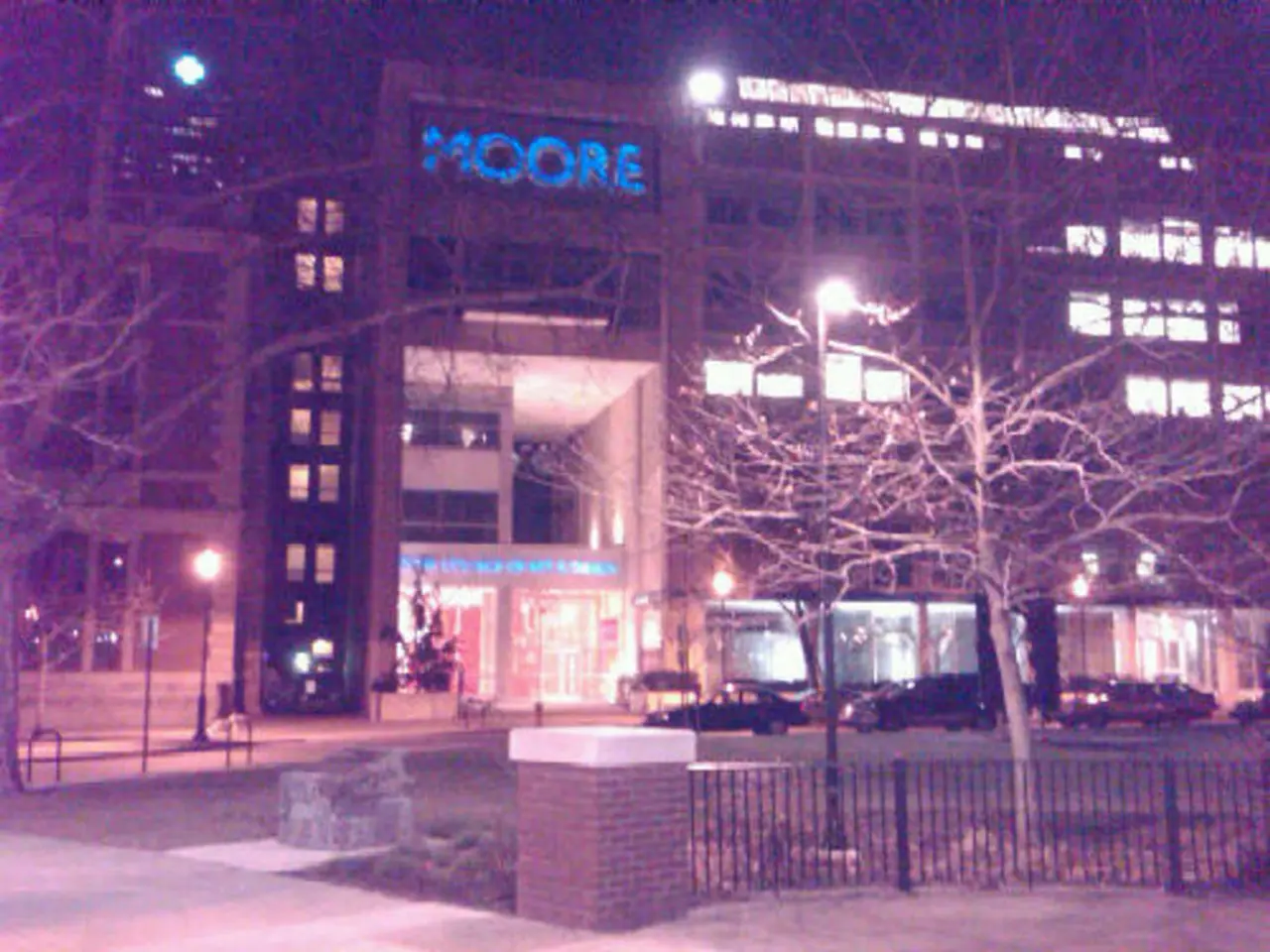Thousands of Life-Changing Transplants: Abu Dhabi's 'Hayat' Program Makes a Difference
In a significant leap forward for medical advancement, the four leading transplant centers in Abu Dhabi have collectively driven major achievements in organ transplantation, elevating the Emirate’s status in medical excellence.
Groundbreaking Achievements in Organ Transplantation
Since the launch of the National Program for Organ and Human Tissue Donation and Transplantation, known as the 'Hayat' program, in 2017, over 1,090 successful organ transplants have been performed in Abu Dhabi, with 290 transplants completed in 2024 alone.
Among these centers, Cleveland Clinic Abu Dhabi stands out, leading with 241 multi-organ transplants in 2024. The clinic has been a pioneer in the region, achieving several firsts, including:
- The UAE’s first combined heart-and-lung transplant (2024)
- The region’s first combined lung-and-liver transplant (2023)
- The UAE’s first triple paired kidney exchange, enhancing organ matching and transplant access
- Hosting the UAE’s only dedicated multi-organ transplant ICU and the only lung transplant program
Emphasis on Multi-Organ Transplants and Robotic Surgeries
The four centers have collectively performed complex surgeries including heart, liver, kidney, lung, and pancreas transplants, with an emphasis on multi-organ transplants to improve patient survival and quality of life. They have also introduced robotic-assisted transplant surgeries, which enhance surgical precision and reduce recovery times.
Notable Medical Firsts
Notable medical firsts achieved under these centers include the first pediatric living donor liver transplant in the UAE, the first ABO-incompatible kidney transplant, and the youngest pediatric liver transplant patient successfully treated.
Pioneering Transplants During Challenging Circumstances
The centers have shown innovation and leadership in transplantation even during challenging circumstances, such as performing the first COVID-positive organ donation in the UAE.
Encouraging Organ Donation and Public Health
The 'Hayat' program, a national framework aimed at promoting organ and human tissue donation and transplantation in line with the highest global standards and practices, works in coordination with local and international strategic partners to save lives, enhance public health, and improve quality of life. The Department of Health - Abu Dhabi has launched a community-wide campaign to support the 'Hayat' program, encouraging all residents to register as organ and tissue donors.
By registering as an organ and tissue donor under the 'Hayat' program, individuals can potentially save multiple lives and contribute to a healthier future for all. The program's mission is to mobilize efforts to grant the gift of life, encourage community participation through organ donation, facilitate transplantation procedures, and inspire individuals to adopt healthy lifestyles to prevent organ failure.
Abu Dhabi's achievements in organ transplantation are a testament to the advanced infrastructure, exceptional medical talent, and a culture of innovation that have positioned the city as a regional leader in this critical field.
- The advances in organ transplantation in Abu Dhabi have significantly contributed to the city's reputation for medical excellence, making headlines in health-and-wellness and medical-conditions news.
- As part of the National Program for Organ and Human Tissue Donation and Transplantation, known as the 'Hayat' program, these advances have been driven by a culture that emphasizes education on organ donation and public health.
- The "Hayat" program encourages residents to register as organ and tissue donors, believing that such actions can lead to improvements in lifestyle and a reduction in health issues related to medical-conditions.
- The progress made in organ transplantation is not limited to traditional procedures; these leading transplant centers have introduced science-driven innovations, such as robotic-assisted transplant surgeries, in the field of lifestyle and education.




